Saturday 7 October 12:00 Botanical gardens in the modern world, and the role of SUBG 
Dr Donovan Kirkwood, Senior Curator: Botanical Garden | Botanical gardens have a long and often Eurocentric history. Why do they exist, where do we come from, and what should we be doing in the context of our modern Cape landscape with one of the most threatened floras on the planet? |
Sunday 8 October 12:00 Medicinal plants 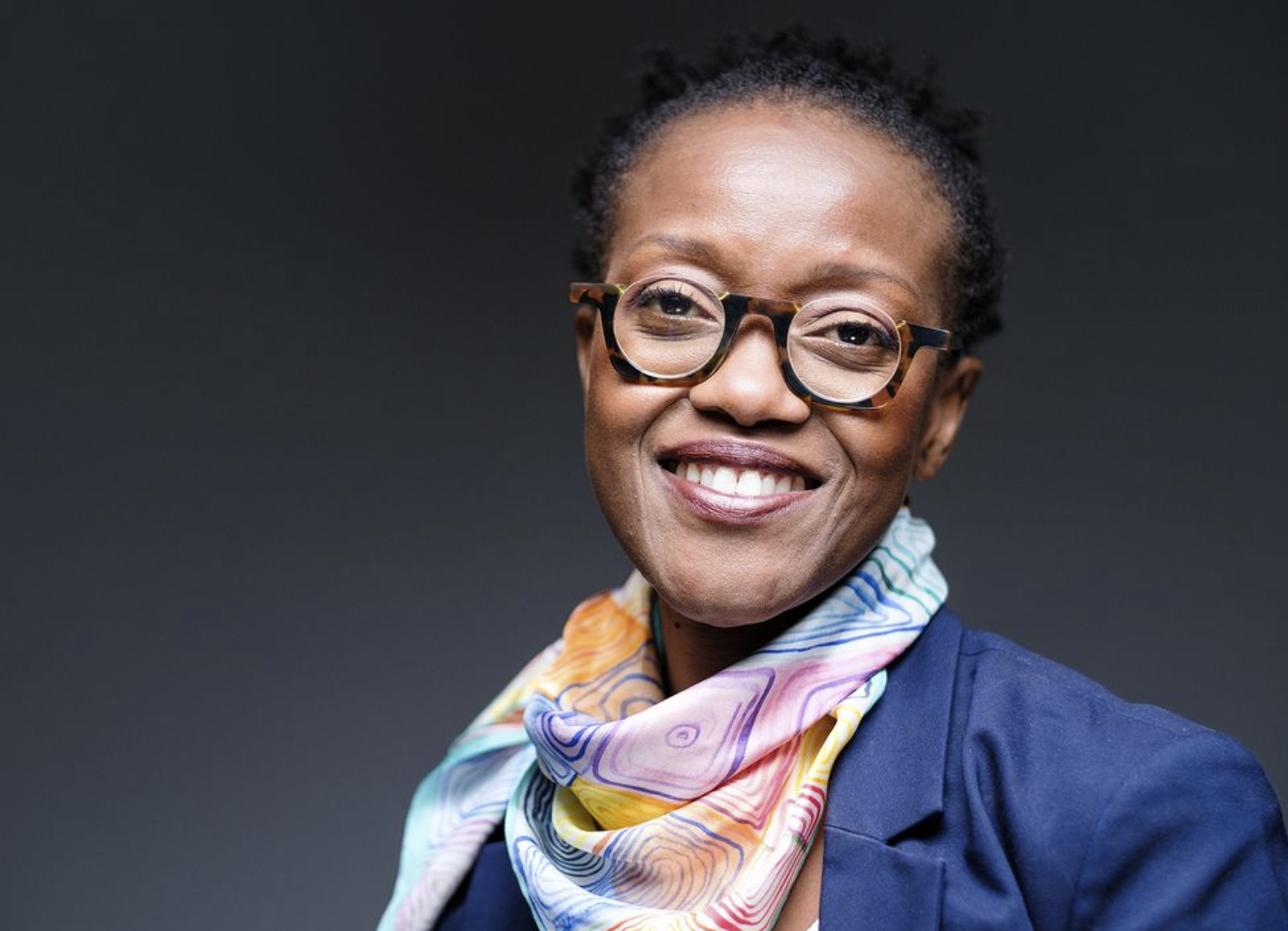
Prof Knox Makunga, Botany and Zoology | Plants are an integral part of the cultural traditions of different societies throughout the entire globe. Because South Africa is home to a wide variety of species that are unique in their character, many plants from different taxa have thus formed a source of medicines for local people. This tour will provide insights into the medical use of plants (and the science behind them) that are. found in different areas of the SU botanical gardens. A large focus of the tour will be linked to those economic plants that are predominantly found in the greater Cape Floristic Region and the role of cultivation in preserving indigenous medicinal plants of high value will also be discussed. |
Monday 9 October 12:00 Oxalis, a Cape plant group in a hurry…. 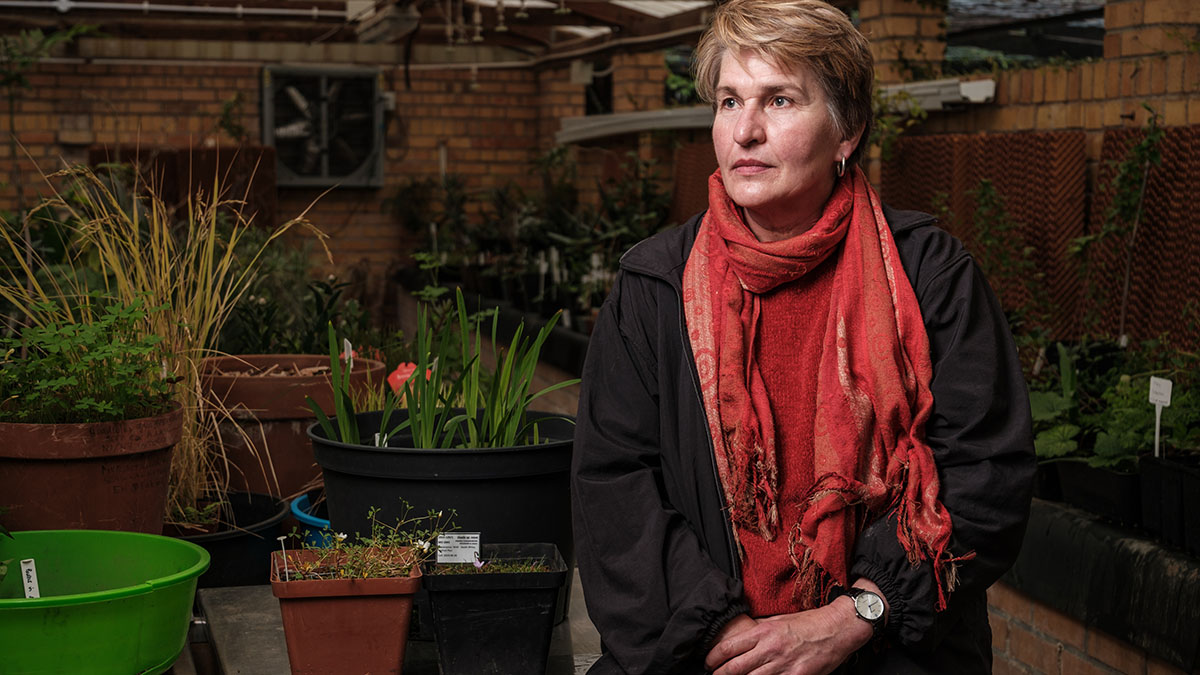
Prof Leanne Dreyer, Botany and Zoology | Find out about one of our most beautiful and diverse Cape bulb groups. After 30 years of studying ephemeral, winter-growing Cape Oxalis species Prof Dreyer views them as phenomenal plants with unbelievable resilience. As the largest bulb-forming Cape genus, they occupy diverse microhabitats, which partly explains why a third of the 230 SA species are Red listed as threatened. Prospects of hotter, drier winters in predicted future climates will see this number rise exponentially. But why?? |
Tuesday 10 October 12:00 Exploring the Symbiotic Dance: Biotic Interactions in Plant Physiology 
Dr Itumeleng Moroenyane, Senior lecturer: Botany and Zoology | We will delve into the intricate realm of biotic interactions within the realm of plant physiology. This presentation will revolve around the fundamental notion that plants, in their biological context, do not exist in isolation; rather, they are engaged in a complex choreography of interactions with various microorganisms that comprise their holobiont. This talk seeks to elucidate the profound implications of these symbiotic relationships on plant physiology, with an emphasis on their role in shaping plant health, development, and ecological resilience. |
Wednesday 11 October 12:00 Lessons from the Cape Lowlands Beds 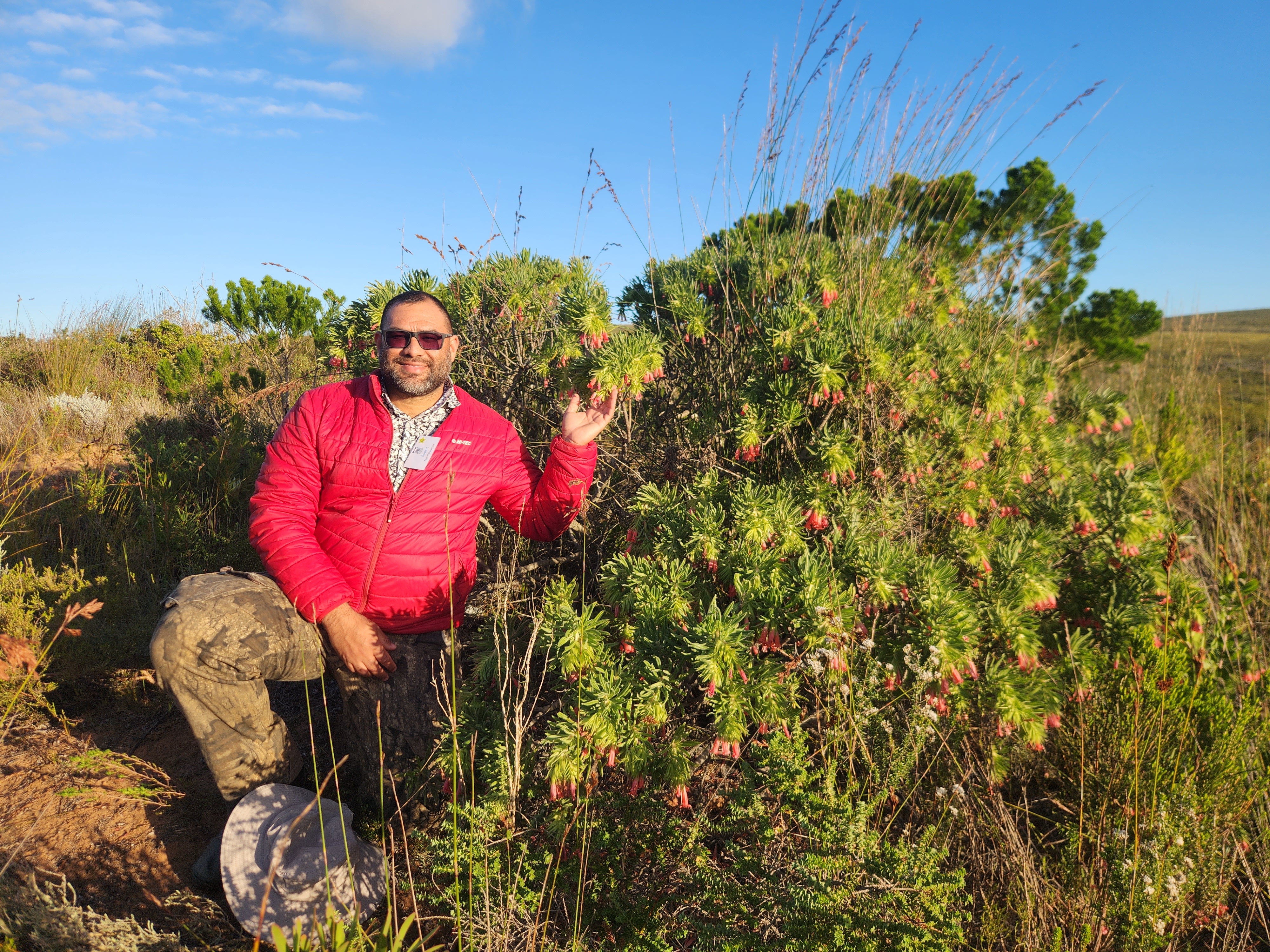
Rupert Koopman, Botanical specialist and conservationist | We all love big national parks and endless vistas but come and learn why we fuss about endangered ecosystems, the importance of seasonality in assessing ecological impacts of development and consider which fynbos might just be hanging on in your neighbourhood.
|
Thursday 12 October 12:00 Growing plants in sterile culture - micropropagation as a tool for conservation 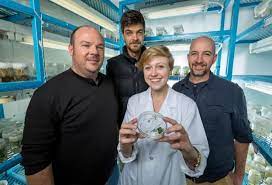
Dr Paul Hills, Senior Lecturer: Institute for Plant and Biotechnology | Micropropagation is a method of producing plants vegetatively using tissue culture techniques, to mass propagate plants in aseptic cultures. This short talk and tour of the Gardens will discuss micropropagation, its value towards conservation as well as its shortcomings, and provide context through a few examples currently in progress as a collaboration between the Institute for Plant Biotechnology, Department Botany and Zoology and the Stellenbosch University Botanical Gardens.
|
Friday 13 October 12:00 Discovering Scientific Research in Botanical Garden 
Frikkie Becker, Phd Candidate, Botany and Zoology | For most, scientific research is such a far-removed practise that operates in often dark and obscure ways. Join the discussion as we expose the relevance of research on our day-to-day lives and unravel how science ultimately aims to disprove what we believe to be true. |
Saturday 14 October 12:00 Climate change and our world 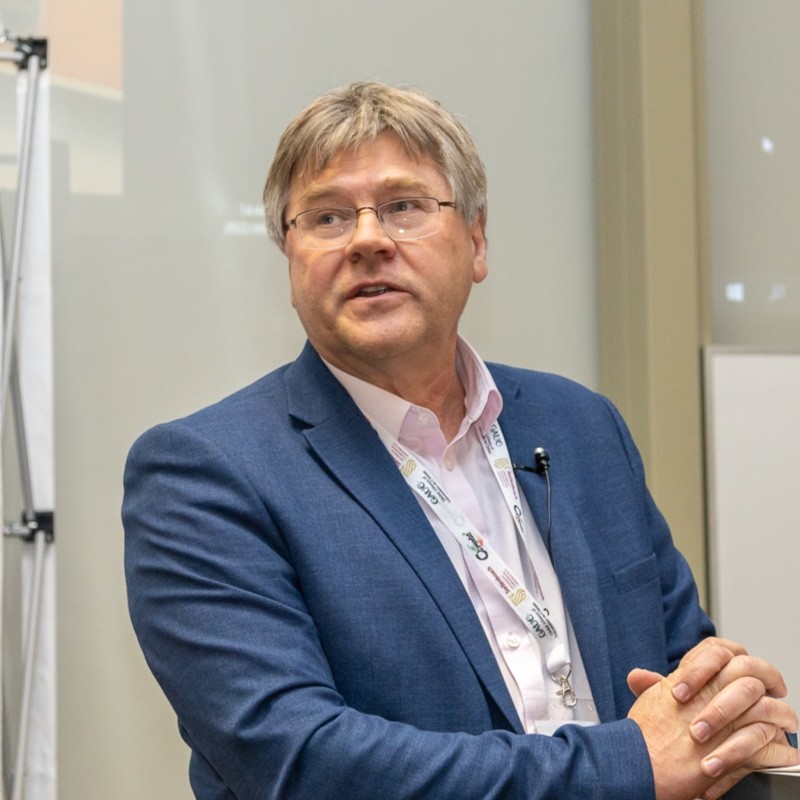
Prof Guy Midgley, Director of the Stellenbosch University School for Climate Studies.
| Prof. Midgley is one of the world's foremost researchers on the impact of global climate change on our natural environment. Join him to get the latest on the evidence and impact of how human fossil fuel, agriculture CO2 and other emissions, together with habitat loss are changing our world. What will happen and what can we do about it?
|

